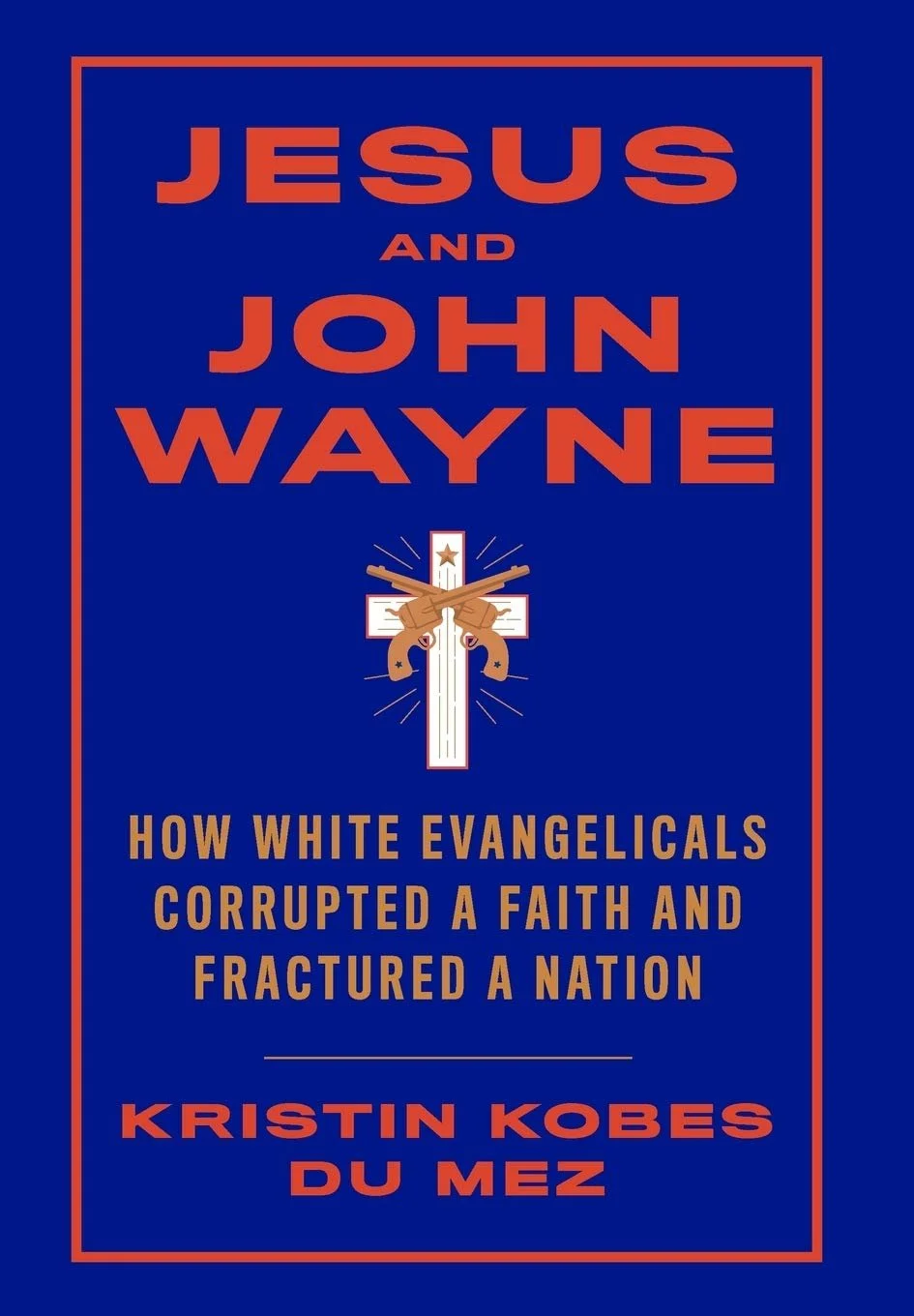Noise: A Flaw in Human Judgment
If you enjoyed this review, please consider purchasing this book (or Kindle) from my Amazon Associates link: https://amzn.to/3Cof5lU. The commissions I receive from your purchase help pay for the costs of running this website. Thanks for your support!
Noise: A Flaw in Human Judgment is a 400-page snoozefest. I liked Daniel Kahneman’s Thinking, Fast and Slow (or I liked parts of it, at least) but there’s not much to love in Noise. He belabors the point so much that I nearly didn’t finish the book. Instead, I plodded along in order to confirm what I knew by page 50: this book is boring.
The main idea: when people make judgments, there’s both bias and noise. Bias is disproportionate error in a specific direction; noise is excessive variance in all directions when things should be identical. Like a splatter. For example, there’s tons of noise in hospital settings, even where you’d least expect it, like interpreting radiology and pathology reports. There’s a lot of variability in judgments, and as a result, lots of misdiagnoses. There’s also tons of noise in the justice system. That seems kind of a duh to me, but I was surprised about the variability in forensic judgments. We’re told a million times that our fingerprints make us unique little snowflakes; turns out, wherever there is judgment, there is noise-- and that includes reading fingerprints.
Okay, some of that is interesting… but it’s not enough. Put that in a podcast episode and call it a day. He uses too many words when he could use just a little, and he spends sooooo much time in the beginning trying to convince us noise exists in the first place. I believe you, Daniel!
My biggest takeaway is a fun phrase that I intend to casually use going forward: “perpetual beta”. It’s a mark of an accurate forecaster- someone who is constantly self-improving and not afraid to change their judgment based on new data.
Noise: A Flaw in Human Judgment receives 1 out of 5 flames, because I would simply not recommend this to anyone. Don’t even use my link to buy it; spare me the 20-cent commission. The only situations that I think justify trudging through this ocean of redundancy is if you’re a policy-maker trying to improve fairness or if you’re leading a company and you want to reduce the costliness of noise. The authors include several guidelines for “decision hygiene,” which are strategies for reducing noise upfront. They liken it to hand-washing-- we wouldn’t attribute not getting a disease simply to washing our hands; we don’t know if that action actually prevented a non-event. Still, hand-washing is good and should apparently last 20 seconds, which is an impossibly long time. So, those policy-makers and business leaders can take the hit and read this, but for the rest of us- let’s look elsewhere.


